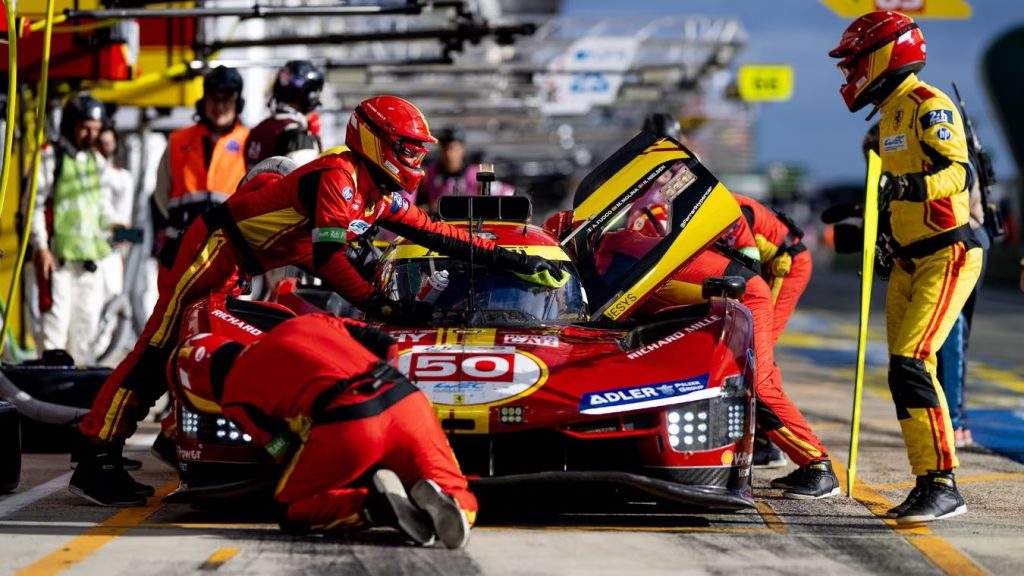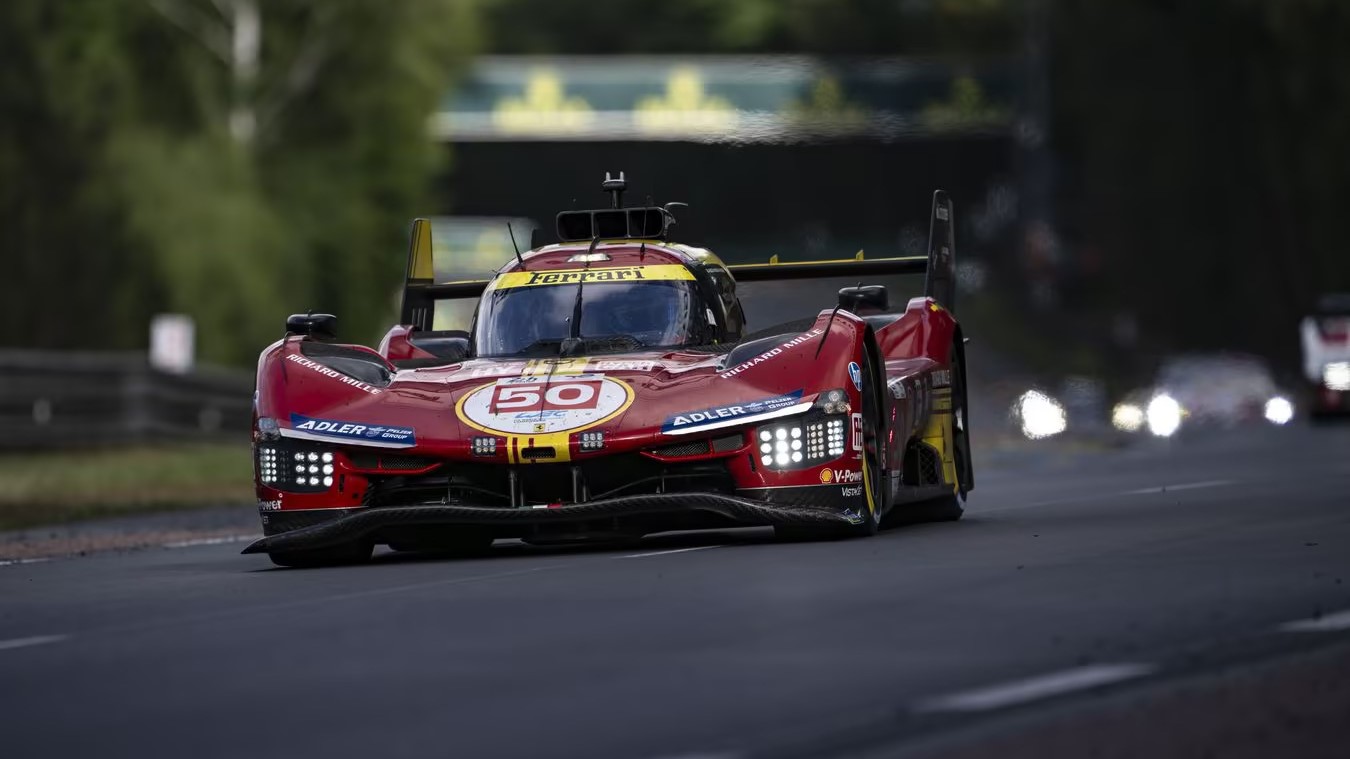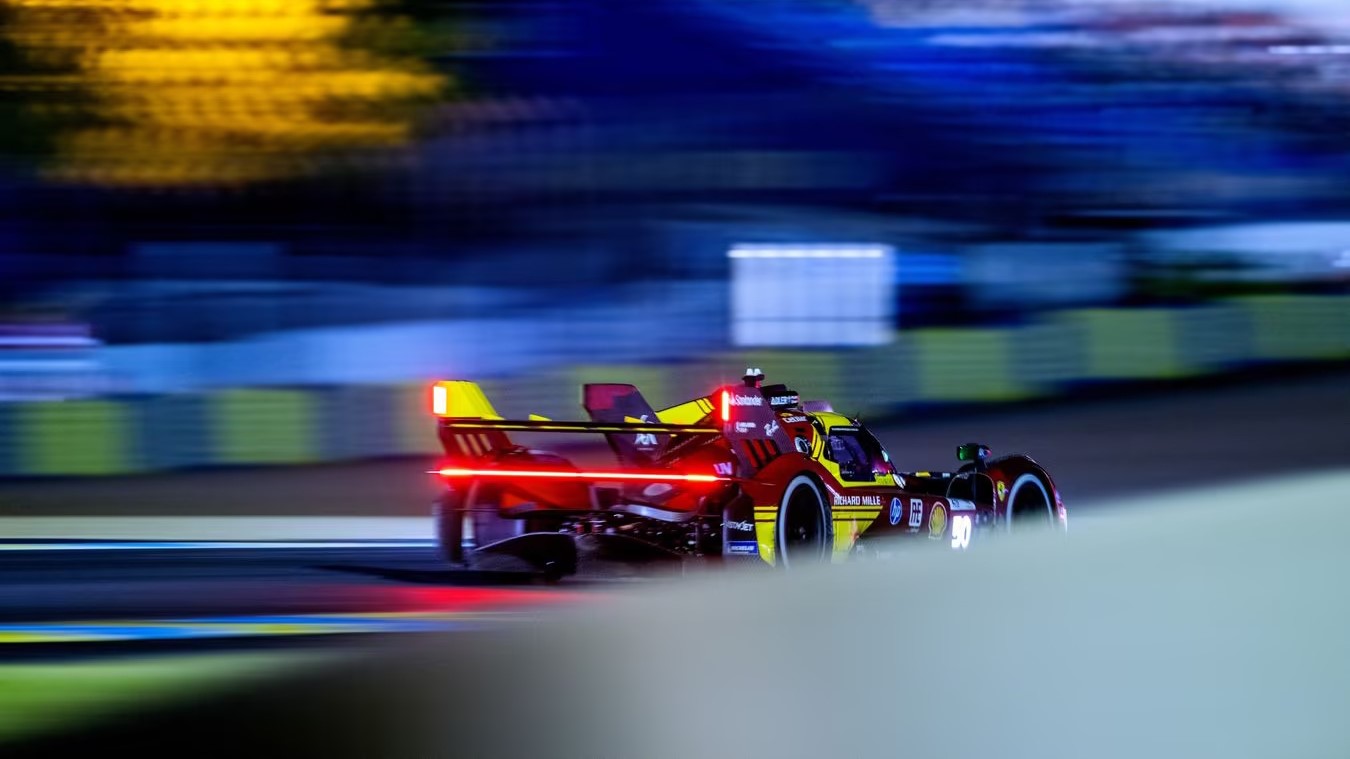Donald Trump’s call for Netflix to remove board member Susan Rice has intensified the Paramount saga, pushing the streaming wars into a political confrontation.
Le Mans or F1? The question for Chinese OEMs

Le Mans and F1. Two very different interpretations of what the pinnacle of circuit motorsport represents.
Despite the differences, both formulae must embrace powertrain hybridization and electrification. However, for the French 24-hour event, the adaptation to alternative propulsion has been more natural.
The world’s most famous endurance race has always encouraged diversity within its R&D. During the last two decades, it did what F1 could not: making diesel a racing-winning fuel – something which strongly appealed to large car companies with many diesel passenger car models.
Doing hybridity better
The F1 hybrid era has not been easy. Cars have grown too large and heavy, with a disappointing sound signature – reducing the spectacle of F1 racing.
With its diverse grid of formulae and powertrains, Le Mans has been a welcoming space for experimentation. F1 engineers must observe this with some jealousy, as they sometimes buffet against regulations that appear to be deeply nonsensical.
For the 2026 F1 season, there is the promise of smaller cars and less aero, which should ostensibly increase mid-corner agility and make for closer racing. But the powertrains appear to be becoming ever more complex.

The event that proves durability
With Ferrari winning back-to-back 24 hour Circuit de la Sarthe titles, in a race where the final few laps were riveting, the French endurance racing event has proven real-world appeal. If racing is truly something that improves passenger cars, isn’t the durability test at the Circuit de la Sarthe, with its fascinating array of hybrid powertrains, the most relatable?
After its immense success with diesel engines at Le Mans, the challenge for Audi to replace similar success with its F1 campaign will be troubling. And then there’s the Chinese question.
The prestige of an F1 or Le Mans win is questionable. But in truth, Le Mans is the more prized victory, because it validates sheer speed and durability. Before Toyota’s huge effort in the last few years, only one non-American or European car company won at Le Mans: Mazda.

The status of Le Mans
Le Mans must be tempting for the Chinese car industry, which has a commanding control of the global EV battery tech and supply chain. Chinese EV or hybrid powertrain components powering a car to victory at Le Mans would be an incredible status enhancement.
German car companies, specifically the Volkswagen Group, dominated Le Mans for a long time. Since the late 2010s, Toyota has been a force, after many near-misses.
Ferrari’s current resurgence has proved that a dedicated effort, with talented engineers, can triumph at a race where pressure and mechanical wear compound over time, delivering the truest test of technical expertise and drive endurance.

Big brands are there
Circuit de la Sarthe delivers thrilling racing, validates brand durability, is geared to hybridity and alternative powertrain technology, and has strong brands present – increasing event’s stature. The world’s most profitable car company is a top-tier Le Mans team (Ferrari), so is the world’s biggest car company (Toyota), and Germany’s most esteemed brand (Porsche).
There’s no question that Chinese car companies are considering where to deploy their marketing money into motorsport.
Considering the interest in hybrids across most high-income consumer markets, like America and Europe, the most prestigious win for Chinese powertrain technology would be at Circuit de la Sarthe.


